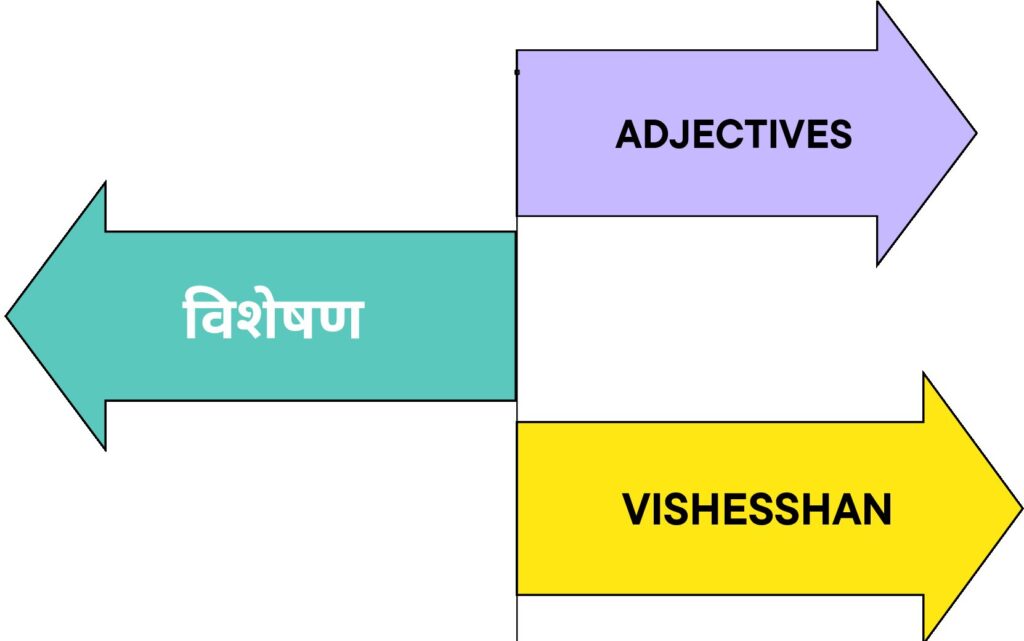Verb conjugation of “To go”
In Nepali, verb conjugation is affected by the subject’s pronoun, tense, formality, and politeness. The verb “to go” is जानु (jānu), and its conjugation varies according to the tense (present, past, future), number (singular, plural), and honorific levels. Here’s a breakdown along with the grammar structure: 1. Present Tense (वर्तमान काल) Structure: Subject. + (primary […]
Verb conjugation of “To go” Read More »








